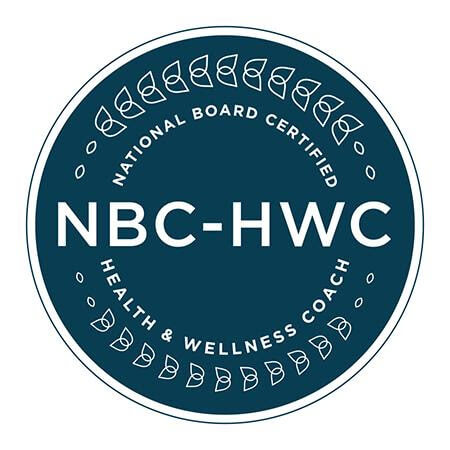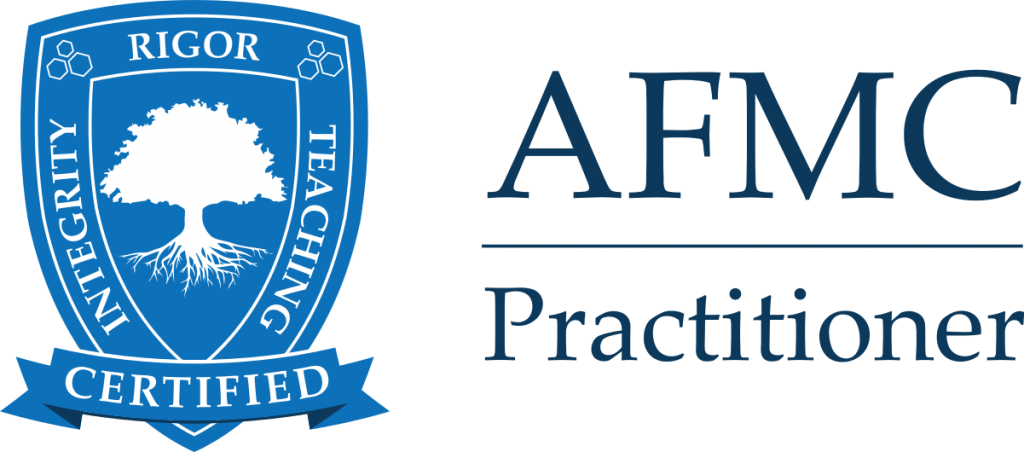Instead what statins do unfortunately is boost and accelerate the rate of dementia and diabetes. This leads to the taking of additional medication that instead of lowering our intake of drugs, it actually increases it. This causes many side effects to the drugs we end up taking. To say the least, statins are anything but a cure.
So what should you do when your doctor recommends that he put you on a statin? If your numbers are borderline or you don’t have any major cardiac risk factors, your first response should be “Hold on for a moment” Lets go through this. In fact, I spoke about this in a previous blog #14. Unless you’ve been diagnosed with heart disease, have had a heart attack or stroke, or have a family history of early heart attack or death, you probably don’t need a statin at all. So, don’t go for the statin solely for the purpose of enabling the doctor to feel that he has protected himself by advising you to go on a statin! You will end up paying the heavier price. Instead opt for a diet and lifestyle change that will most likely benefit you in the long run.
- Statins age you before your time.
People using statins always complain to their doctors of muscle pain, inability to concentrate, memory problems, and general brain fog, which are common side effects. Lets add to that diabetes because research shows that people on statins have an elevated blood sugar level and are prone to diabetes risk.
Other side effects that you also might be able to tolerate while on statins could be:
- Reduced energy
- Lack of interest in activity
- Increased fatigue after exercise
- Erectile dysfunction and reduced ability to achieve orgasm
- Memory loss and/or confusion, Alzheimer’s-like symptoms
- Liver dysfunction
- Digestive problems: nausea, gas, diarrhea, constipation
- Rash or flushing
- Hunger
- Increased risk of cataracts

2. Statins don’t reduce the risk of cardiovascular disease
Statins have proven to lower LDL cholesterol the “bad cholesterol”. But cholesterol by itself is not a major risk factor for heart disease or stroke. Our brain and many parts of our body such as our neurotransmitters need cholesterol to function properly and therefore lowering it affects our thoughts and emotions, which could cause depression. By reducing our cholesterol levels we are actually harming ourselves and disrupting our health.
The percentage of people benefiting from statin drugs is 1:140, which is a very low percentage. Researchers found that for every 140 patients treated with statins, only one would benefit—and even so, there was no overall reduction in death or life-threatening illness. However, for men over 50 who have had a heart attack, statins show some ability to lower the chances of a second heart attack. Although, this effect may not be about lowering cholesterol but instead about reducing inflammation, which can be lowered more effectively with diet, supplements, and lifestyle changes.
While attending a heart summit recently, many doctors agreed that there was not enough evidence or research that women benefited from statins. And they all agreed that women would do much better on diet and lifestyle changes.
4. If you are on statins you should make sure to discuss these supplements with your doctor because you should be taking them:
Vitamin D (check your level)
CoQ10 this is a necessity.
Vit B12
Magnesium
Fish oils for omega 3
Fiber intake.
5. Statins make huge profits for pharma
If nothing else, statins are a cash cow for the pharmaceutical companies, and as long as they can continue to put out the way-off-base message that everybody should be popping them like candy, they will continue to reap the financial benefits.
Conclusion:
Here it is, what actually causes cardiovascular disease is SUGAR and PROCESSED FOOD. So you should eat a healthy diet packed with clean protein and clean fats. By that, I mean organic meats (no hormones, antibiotics, wild salmon for the omega 3 etc.) in small amounts of course. It is important to consume good fats “Omega 3” such as coconut, olive oil, sesame, flax, seeds and raw nuts. While, it is also beneficial to get rid off all the fried food and other saturated fats, consider increasing your intake of vegetables and fruits as they contain a lot of fiber. Change your lifestyle, be more active and exercise regularly as it is essential to reduce your stress levels. And most importantly love life, have fun and enjoy your present moment. This will result in weight-loss, a state of well-being that can increase your energy levels and help you age gracefully.







